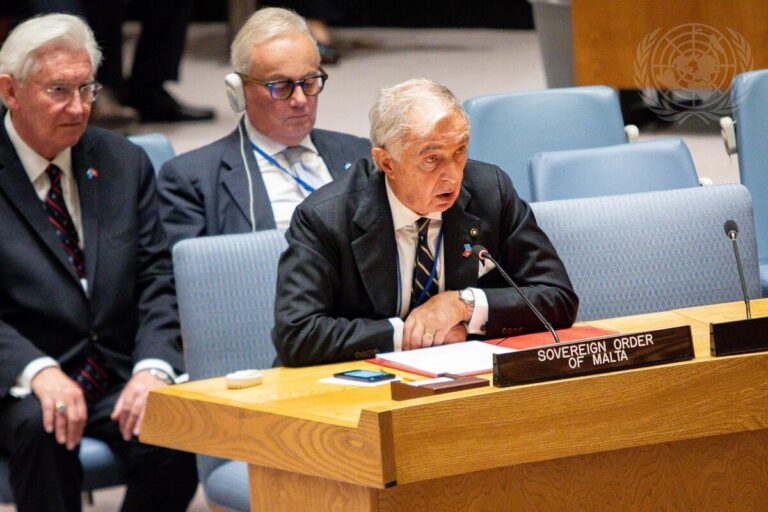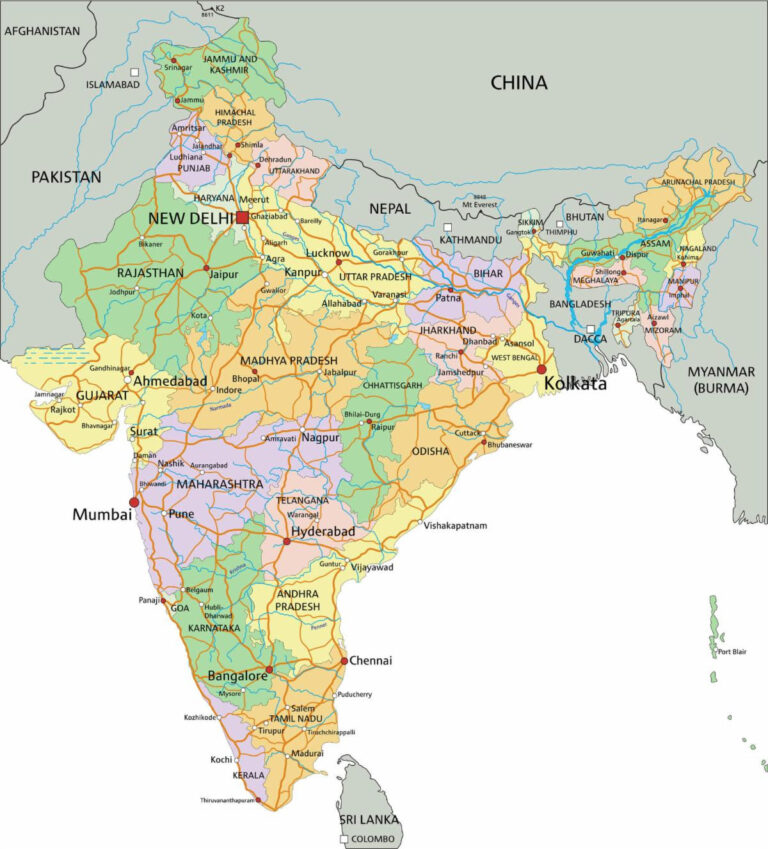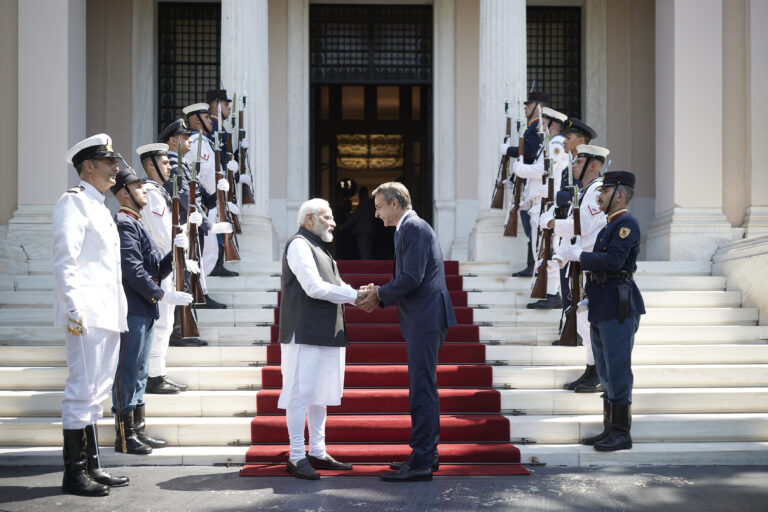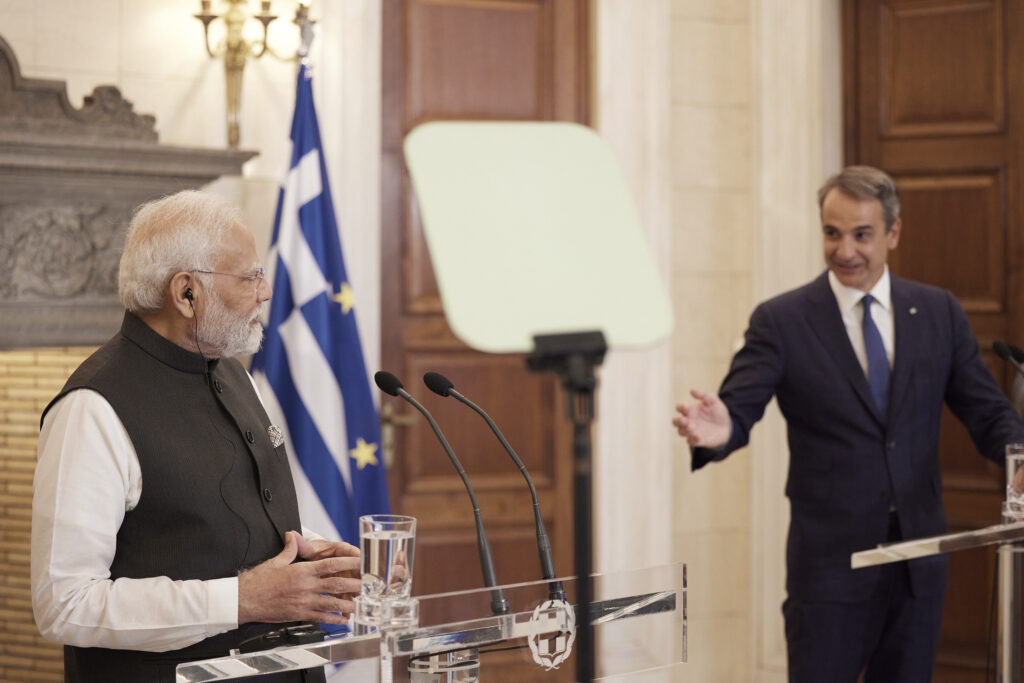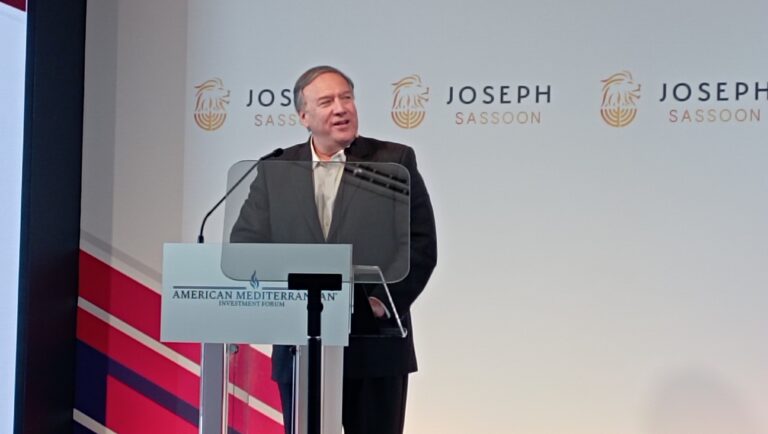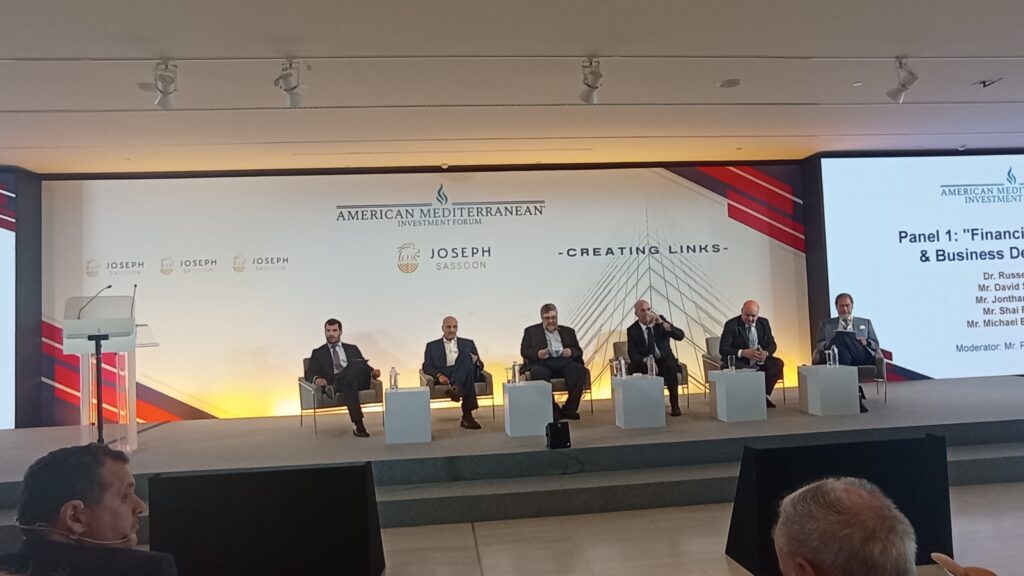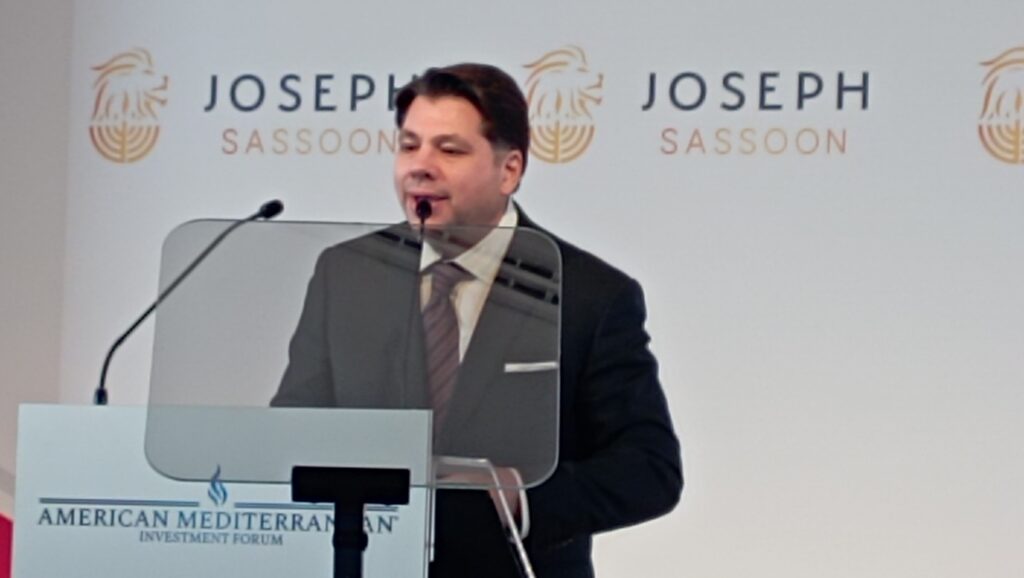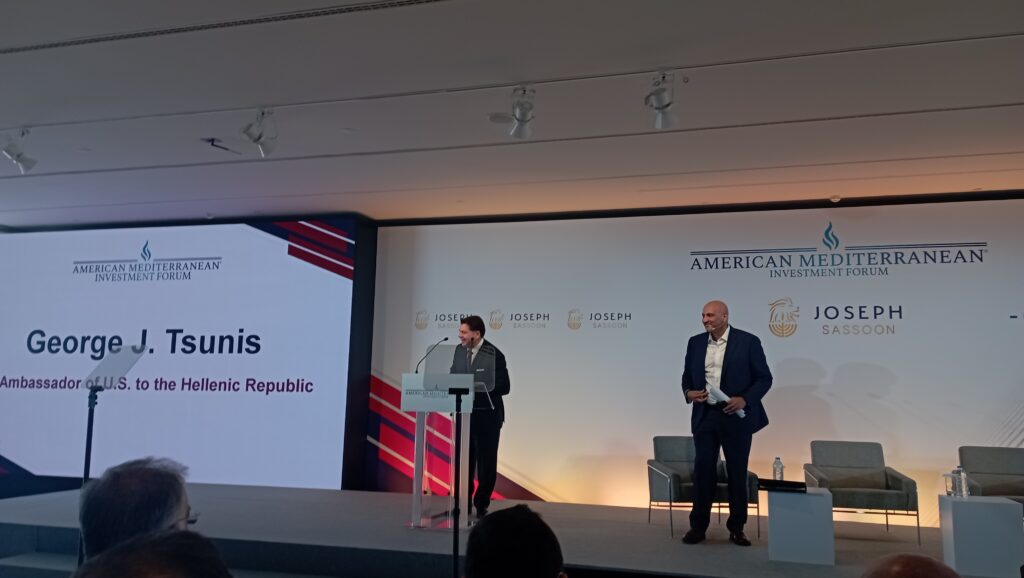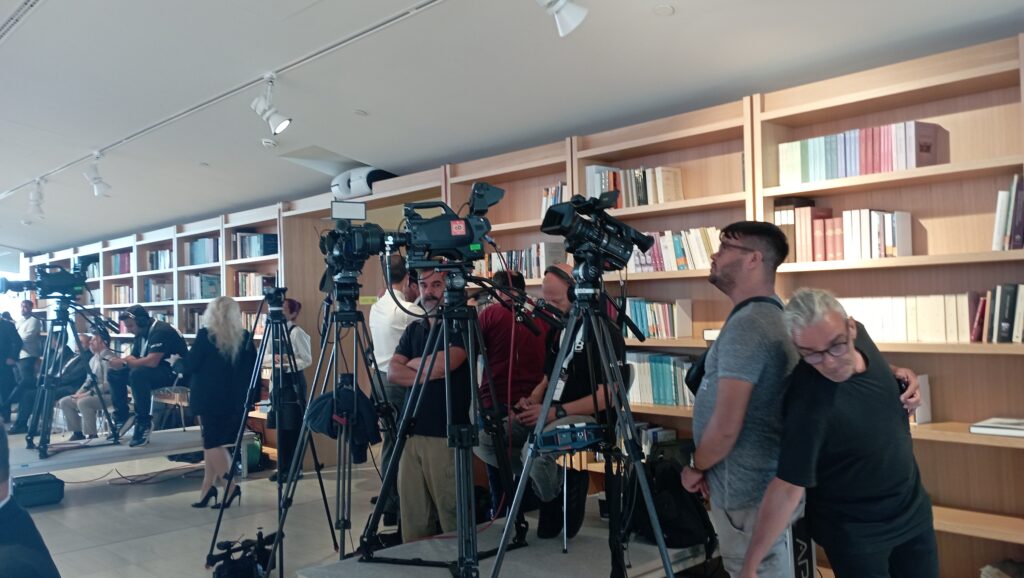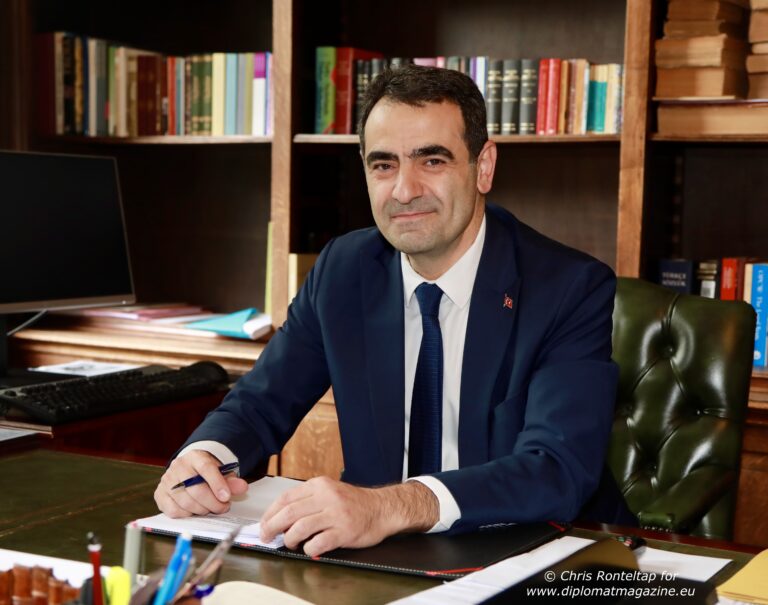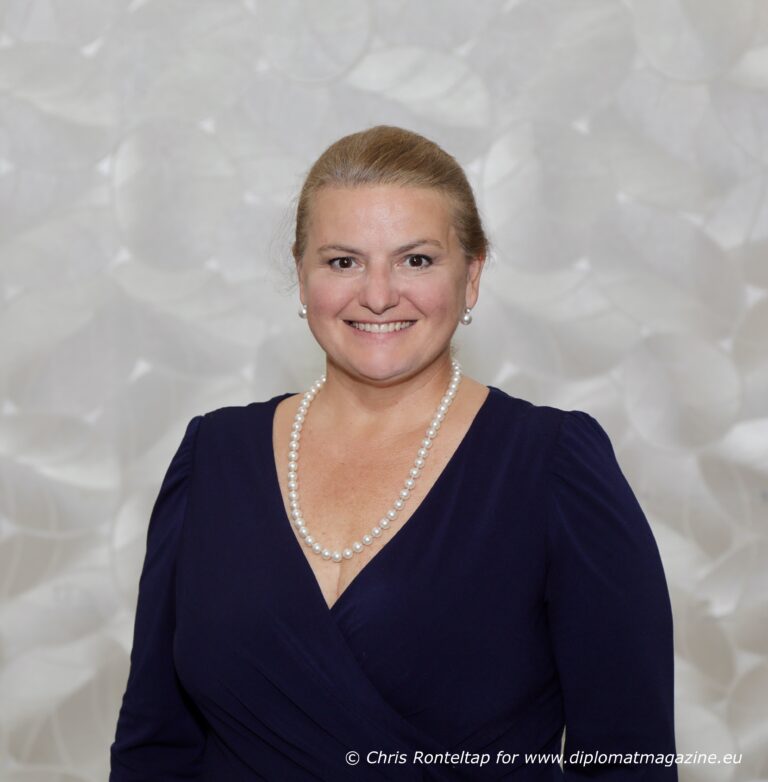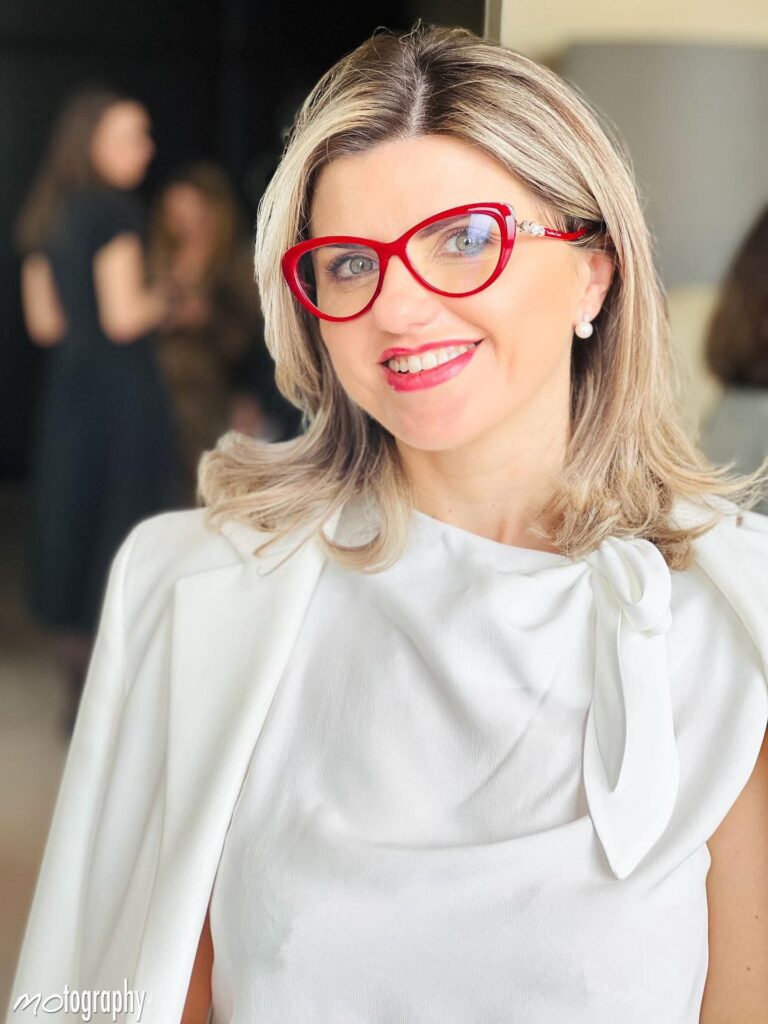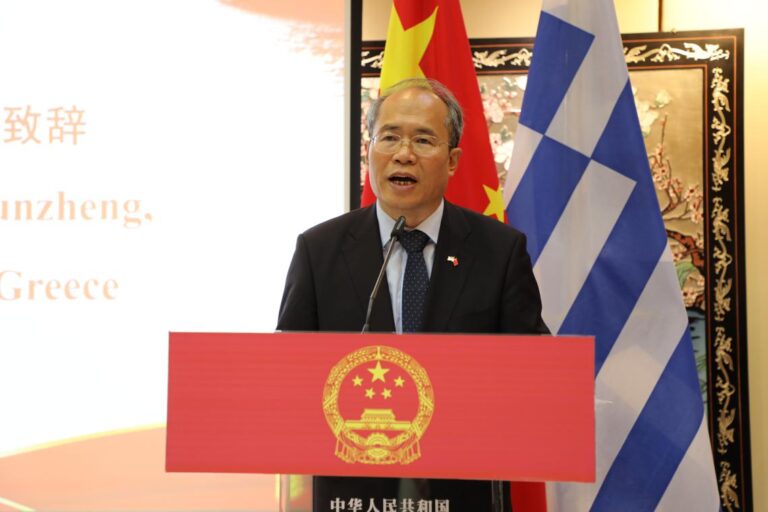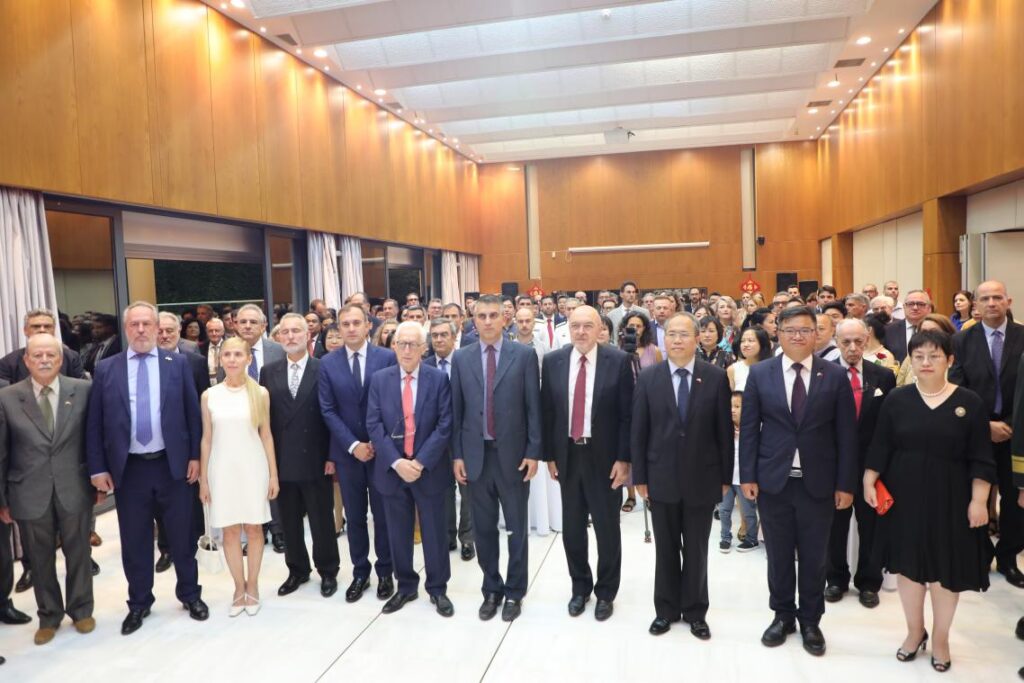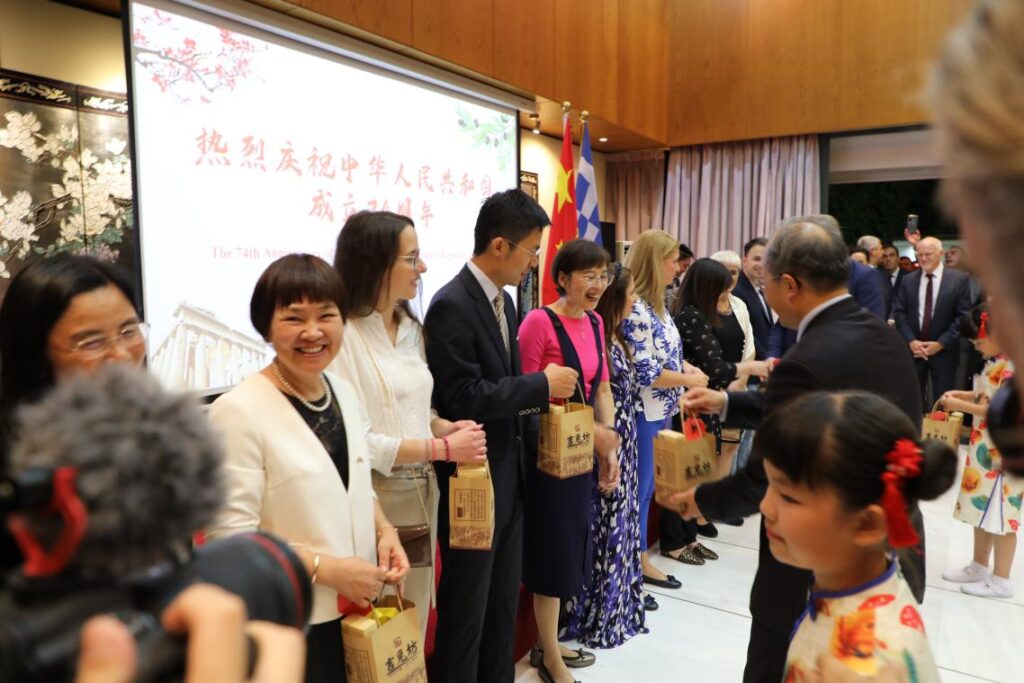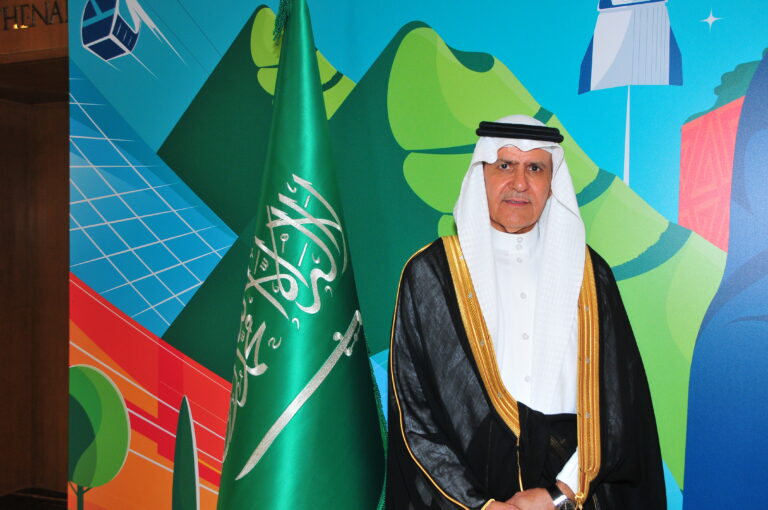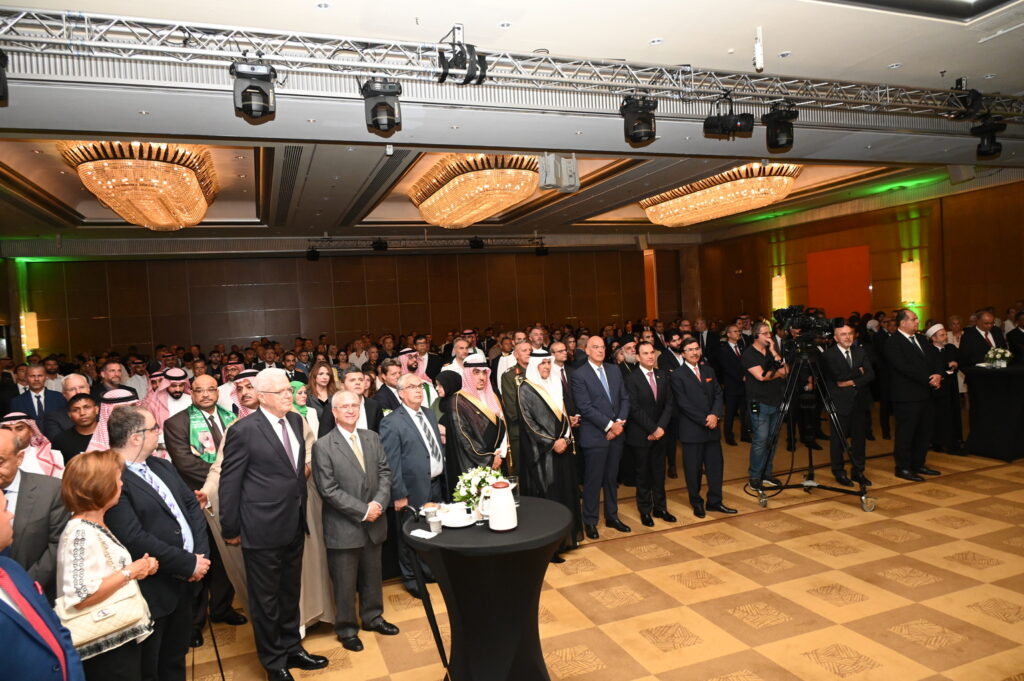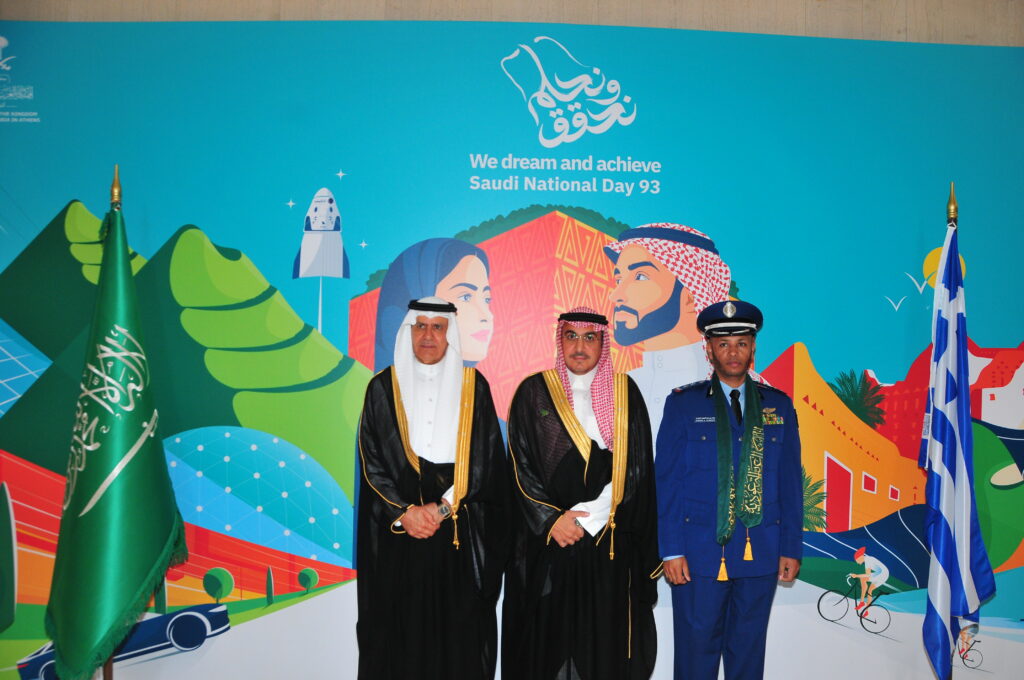In a recent exclusive interview with Diplomat Magazine, the newly appointed Grand Chancellor of the Order of Malta, Riccardo Paternò di Montecupo, provided valuable insights into the Order’s mission, diplomatic efforts, and its commitment to promoting peace and humanitarian aid on the global stage.
Conveying a Message of Peace
During his address at the UN Security Council, Grand Chancellor Paternò di Montecupo emphasized the Order of Malta’s unwavering commitment to ending the tragic conflict in Ukraine. He stressed “The main message the Sovereign Order of Malta has been conveying since the very outbreak of the conflict in Ukraine is that we need to stop a war that it is causing tragic human suffering, heavy damage to infrastructures and huge costs to the world economy, especially with regard to the poorest countries and the most vulnerable groups”. The Order of Malta, through its organization Malteser Ukraine, has been actively involved in providing vital goods, medical and social assistance, and even prosthetic limbs through a clinic in Lviv for war wounded individuals in over 60 cities and towns.
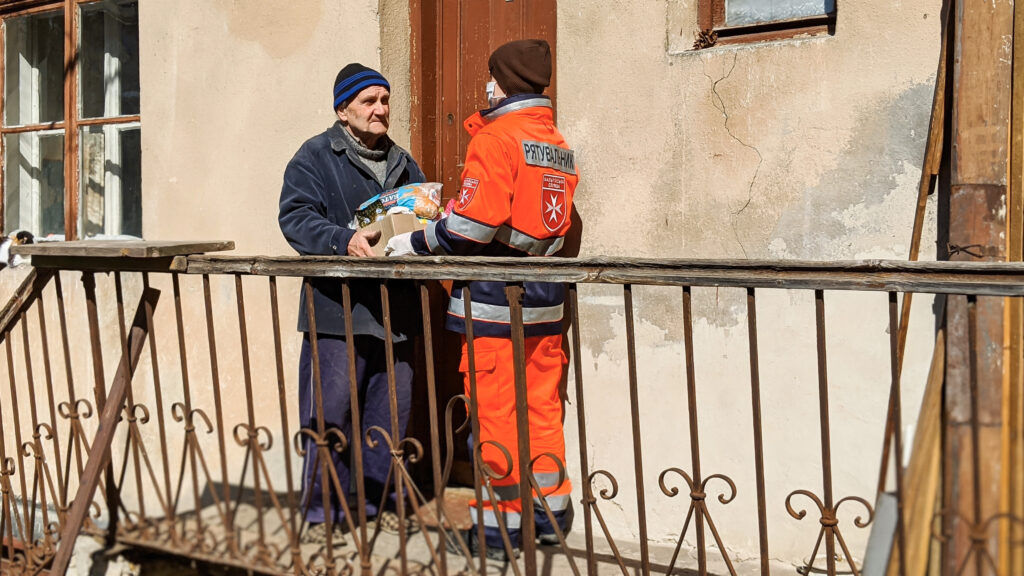
Maintaining Neutrality in a Turbulent World
One of the hallmarks of the Sovereign Order of Malta is its steadfast commitment to neutrality, impartiality, and an apolitical stance. Grand Chancellor Paternò di Montecupo explained that these principles do not equate to turning a blind eye to global conflicts or crises. Rather, the Order advocates for the protection of civilians in conflict zones, adherence to International Humanitarian Law, and universal access to basic social services. “We approach conflicts from the perspective of the most vulnerable ones and those in need, irrespective of nationality, gender or religious belief.” He said.
A Dual Role in Promoting Peace
Historically, the Sovereign Order of Malta maintains a neutral stance in international politics. Grand Chancellor Paternò di Montecupo recently addressed the UN Security Council, marking the first time a Grand Chancellor from the Order of Malta has spoken at this prestigious forum. In this dual role of advocacy and humanitarian aid provision, the Order calls for peace, the safeguarding of human life, and adherence to humanitarian principles. Since the onset of the Ukrainian crisis, the Order has provided assistance to displaced people and refugees both within Ukraine and in neighboring European countries, making it one of the most extensive operations in the Order’s history since World War II.

Universal Access to Healthcare
Addressing universal access to healthcare, Grand Chancellor Paternò di Montecupo shared that “In several countries around the world the Order of Malta runs hospitals, health centers, mobile units with a view to ensuring access of the poorest groups to basic health services”. In regions such as Africa, the Middle East, including Lebanon and Palestine, the Order’s presence is felt through its commitment to promoting and supporting One Health, a holistic approach that seeks to align environmental, human, and animal health for the greater good.
Diplomatic Relationships and Humanitarian Efforts
The Sovereign Order of Malta maintains bilateral diplomatic relations with 113 countries, and its Embassies and Missions to the United Nations play a vital role in facilitating humanitarian activities. These diplomatic relationships help the Order navigate diplomatic channels and collaborate with respective countries of accreditation. This collaboration was particularly evident during the Ukrainian crisis, where the Order’s Embassy in Kiev facilitated – and still does – the delivery of goods, protection of humanitarian staff, and implementation of assistance projects within the country.
Challenges in Humanitarian Aid and Peace Promotion
Grand Chancellor Paternò di Montecupo acknowledged the significant challenges the Order of Malta faces in providing humanitarian aid, including violations of International Humanitarian Law and threats to the safety of humanitarian workers. Hospitals and clinics operated by the Order are also vulnerable to attacks, resulting in severe damage and destruction. Ultimately, these challenges disproportionately affect the most vulnerable, including the elderly, women, children, and people with disabilities.
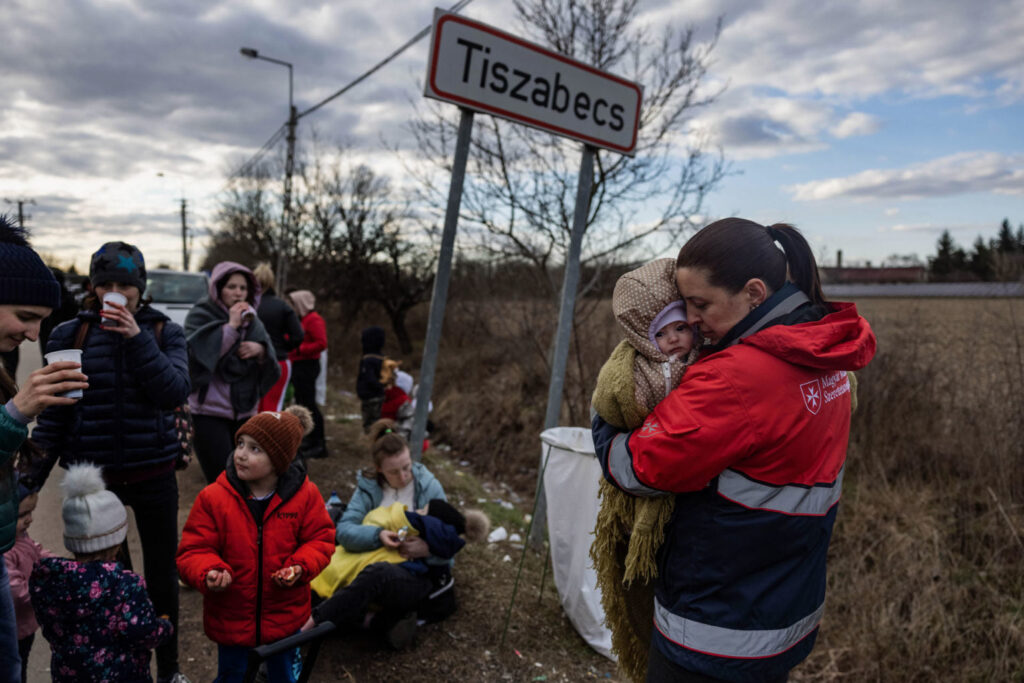
Future Priorities and Goals
As the new Grand Chancellor, one of Paternò di Montecupo’s top priorities is to strengthen the Order’s relations with other states and international organizations. They aim to enhance the Order of Malta’s role and visibility within the global community while diversifying funding sources to increase the capacity to deliver aid where it is most needed.
Support from the International Community and Civil Society
Grand Chancellor Riccardo Paternò di Montecupo emphasized the importance of establishing and strengthening partnerships with the global and regional community to achieve humanitarian and diplomatic objectives. The Order also relies heavily on civil society, with numerous volunteer-based associations and relief corps actively engaging in humanitarian operations worldwide.
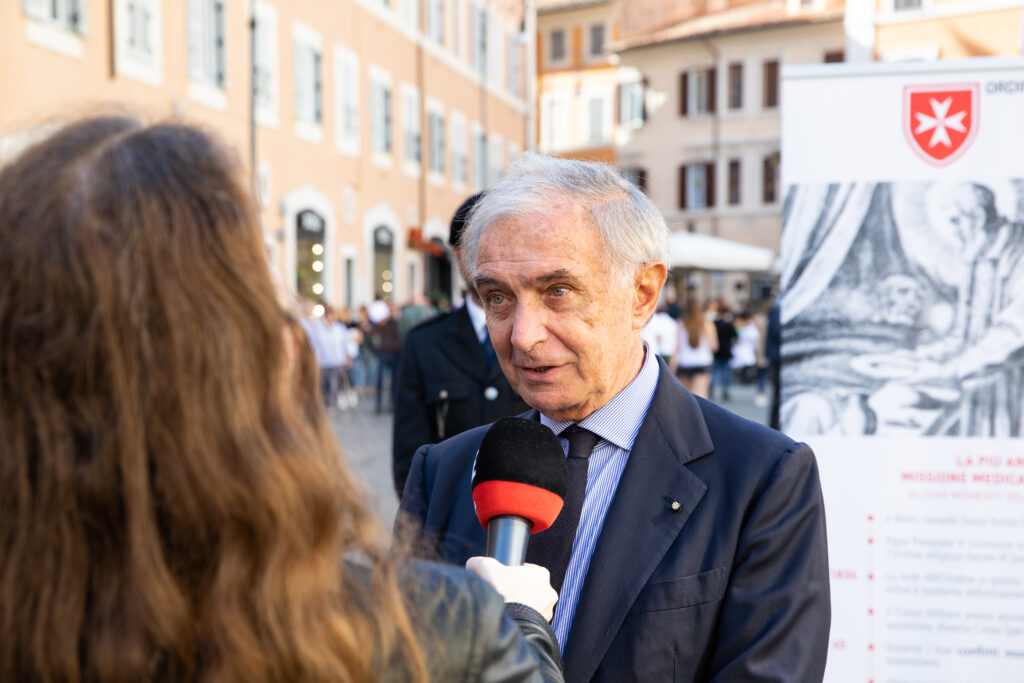
Adaptability in a Changing World
Given the dynamic nature of global conflicts and health crises, the Sovereign Order of Malta remains committed to reviewing and updating its strategies continually. Its humanitarian activities have expanded to encompass a broader range of initiatives, including food security, vocational training, support for small farmers, and sustainable development, reflecting the organization’s adaptability to address evolving challenges effectively.
In closing, Grand Chancellor Riccardo Paternò di Montecupo’s insights shed light on the unwavering commitment of the Sovereign Order of Malta to promote peace, provide humanitarian aid, and advocate for the most vulnerable, even in the face of complex global challenges. The Order’s unique blend of diplomatic efforts and on-the-ground humanitarian assistance is poised to make a lasting impact on a world that desperately needs compassion and cooperation.

